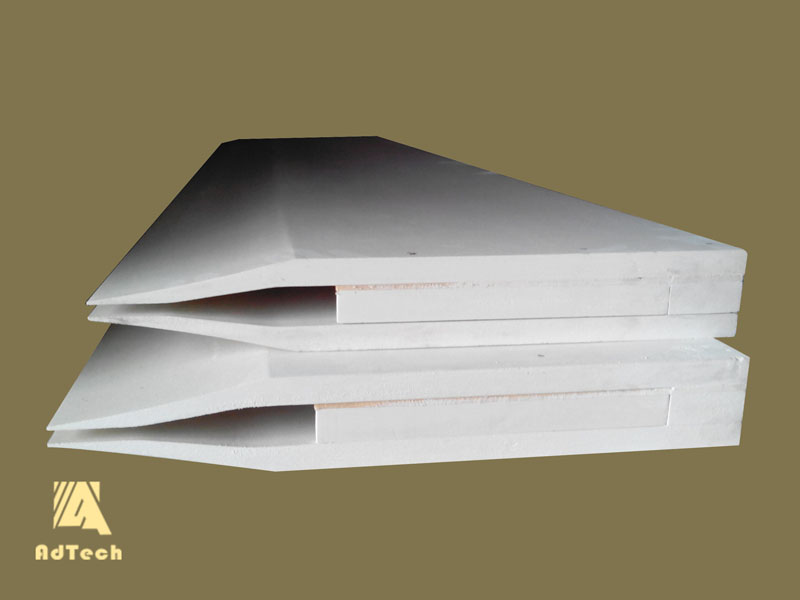
17 12月 Feeder Casting Tip
Feeder Casting Tip has other names in practical applications, such as casting nozzle plate, casting nozzle material, casting nozzle, casting nozzle, casting nozzle plate, casting nozzle material, feeding nozzle, nozzle material.
Feeder Casting Tip is prone to the following problems in the process of aluminum melt continuous casting
1. The nozzle tip is blocked
When a blockage occurs in the casting nozzle plate cavity, the metal is restricted from flowing out of the entire width of the casting nozzle plate opening, causing slender pore defects on the surface of the cast-rolled strip. Pores may be small holes, which can be observed with the naked eye. Sometimes, the voids are inside the strip, and clear oxide streaks can be seen on the surface of the strip.
The correction method is to increase the metal temperature. You can also stop the rotation of the roller for a short time, let the metal solidify around the obstruction, and pull it out when restarting. In some cases, blockage of the nozzle plate requires replacement of the nozzle plate. Good refining measures are an effective way to prevent blockage of the nozzle plate.
2. Cast nozzle plate scar
Metal solidification may occur inside the mouth cavity or at the opening of the nozzle plate. The metal solidifies in the mouth cavity, which is manifested as a reduction in the width of the strip or a hole in the strip. The reason for this defect may be the leakage of metal from the nozzle plate or the low temperature of the metal in the nozzle plate. The correction methods are:
·If the leakage is serious, replace the casting nozzle plate
·Increase the temperature of molten aluminum in the front box
·Increase the casting speed
3. Fine ripples
This defect is manifested by some horizontally visible light and dark stripes on the surface of the cast-rolled strip. The symptoms of this defect are:
·The strip blank has horizontal dark stripes
·Rough edges
·The main motor current value decreases
The reasons for this defect are:
·The metal liquid level is too high, and the metal in the nozzle plate vibrates due to the excessive metal pressure, resulting in fine ripples on the plate surface.
·The casting speed is low
·Metal temperature is too high
Correction method: reduce the liquid level of the front tank, lower the temperature of the molten aluminum in the front tank and increase the casting speed to minimize the defects.
4. Hole
Due to insufficient supply of molten aluminum, holes are formed in the strip.
The correction method is to increase the metal level of the front box and reduce the casting speed.



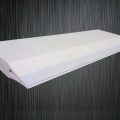

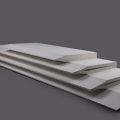
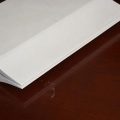
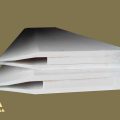
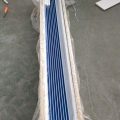
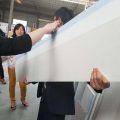

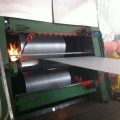
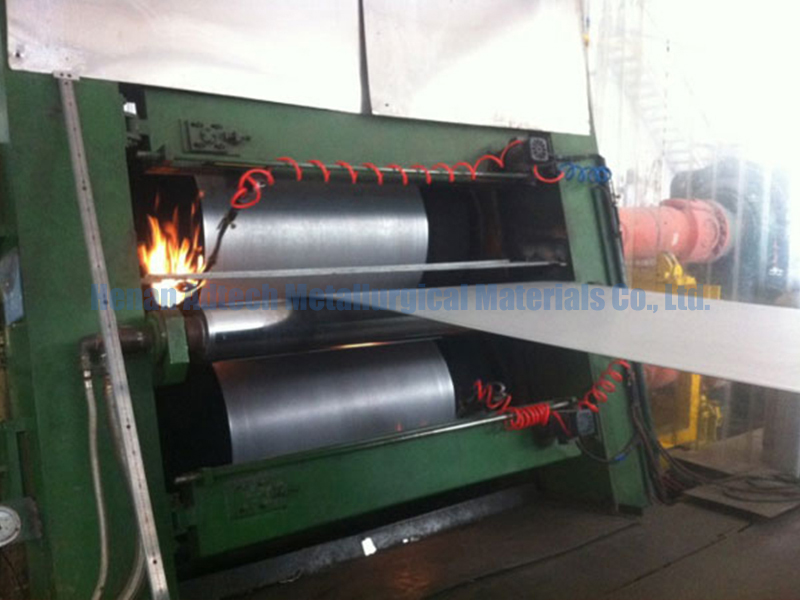
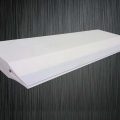
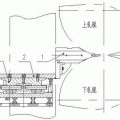
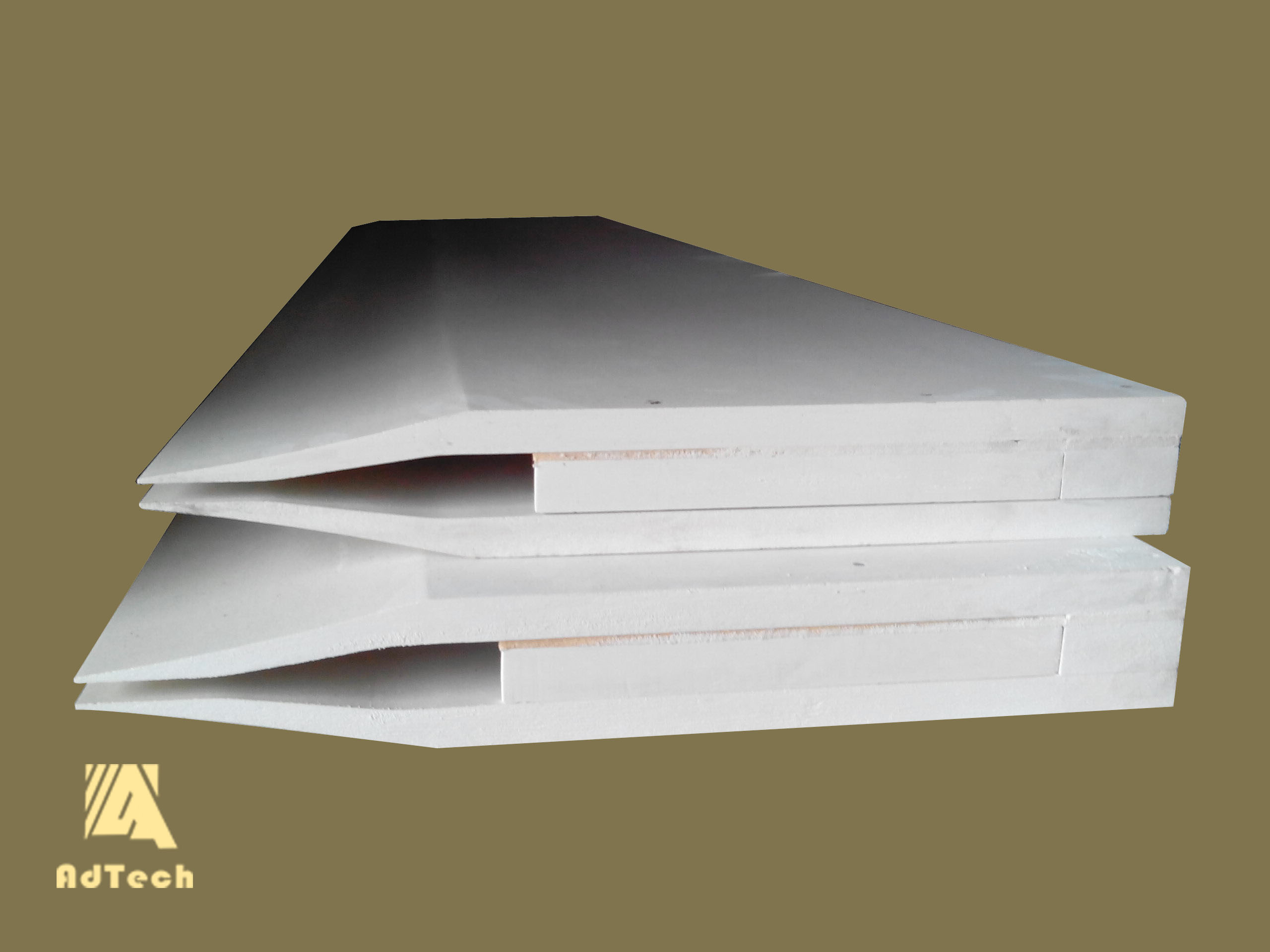
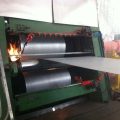
Sorry, the comment form is closed at this time.